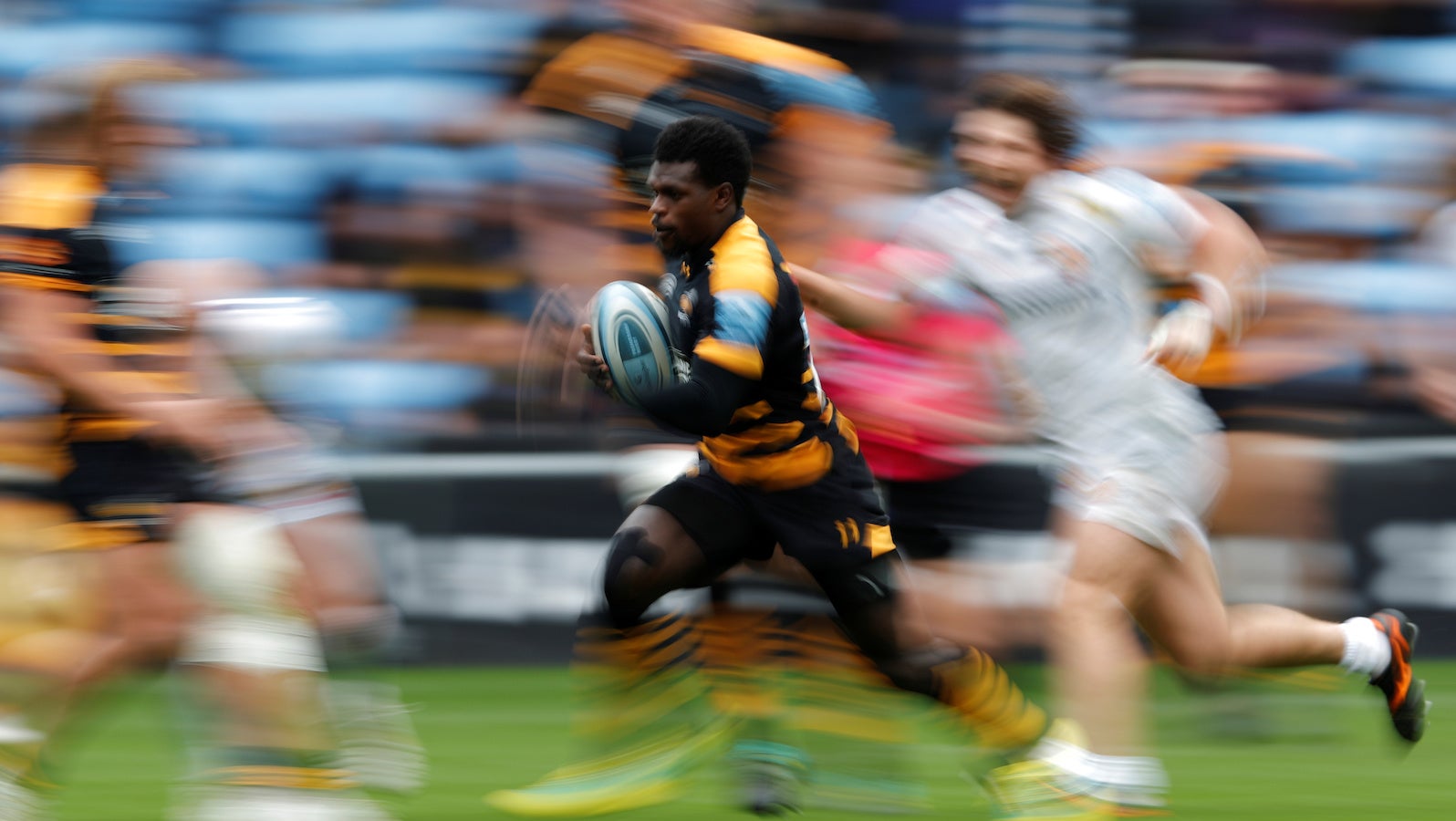How the NFL is carving a path for international players
The Super Bowl-winning Philadelphia Eagles beat the Jacksonville Jaguars 24-18 this weekend in front of 85,870 at London’s Wembley stadium, the largest crowd there to ever see a NFL match. That is more than the 75,128 that showed up to Twickenham in May to watch the English Premiership rugby final.


The Super Bowl-winning Philadelphia Eagles beat the Jacksonville Jaguars 24-18 this weekend in front of 85,870 at London’s Wembley stadium, the largest crowd there to ever see a NFL match. That is more than the 75,128 that showed up to Twickenham in May to watch the English Premiership rugby final.
The sport may still be known around the world as American football, but more non-Americans are getting into it. The latest convert is Christian Wade, an English rugby player who has been released from his contract as he bids to join the NFL at the age of 27. The London Wasps, his rugby club, ”held numerous discussions with him to try to convince him to keep pushing forward with Wasps, but in the end it was clear this is the path he wished to go down,” it said.
The Wasps’ average attendance is near 47,000. That is lower than 31 out of the 32 teams in the NFL, which does not even factor in the TV viewing figures, enormous salaries, and celebrity profile of football in the US.
Wade is expected to purse the NFL’s International Player Pathway Program, which has existed since 2017. The program allows four foreign players to spend the season on the practice squads of each of the four teams in the NFC South, prior to which they get three months in Florida learning the game overseen by English-born two-time Super Bowl champion Osi Umenyiora.
The latest group of players in the program included a linebacker from Germany and three players from the UK, including Efe Obada, who was trafficked into the UK as a child refugee and then abandoned. He was packing boxes at 22, having never played any competitive sports in his life, until a friend suggested he try American football.
If he was to join, Wade would be the highest-caliber recruit yet to the program. Despite being third in the all-time Premiership scorers list with 82 tries, Wade has won only played for England once in 2013, in a game where playing for the national team remains the premier form of the sport. That led one former player to say that rugby has let him down. “I blame coaches who haven’t given him the chance or not up-skilled him,” Ugo Monye said. “He is a potential international superstar.”
Wade may still be an international superstar—just not in rugby. His choice might also be a siren call for other talented players in world rugby to pick up the oval ball across the pond.
Other rugby players have tried to make the move to the NFL, but no one has really been able to successfully stick with it. Hayden Smith played for New York Jets in 2012-13; other players have become part of the practice squads for teams like the Pittsburgh Steelers. Wade will be the most high-profile player to make the move to the US since Jarryd Hayne made the switch from playing rugby league (as opposed to rugby union, like Wade) in Australia to joining the San Francisco 49ers in 2015 (paywall).
Hayne lasted one season and is now back in Australia, playing rugby once more.